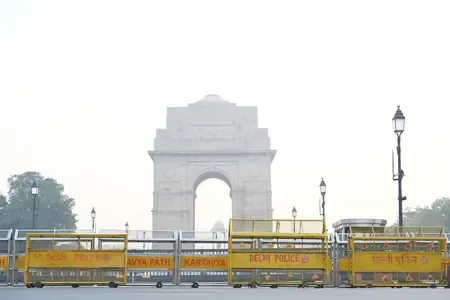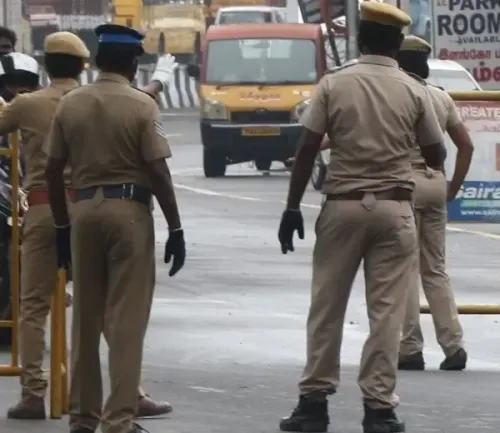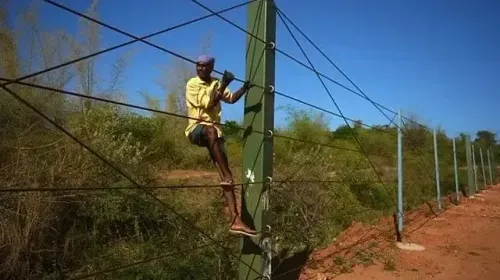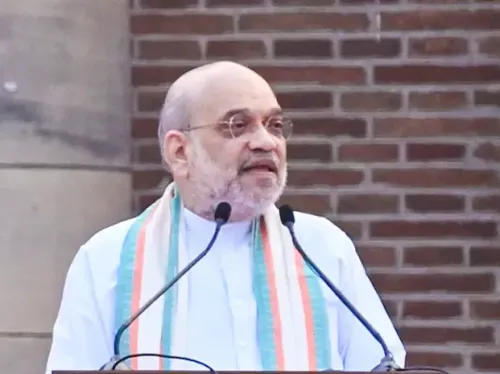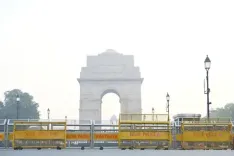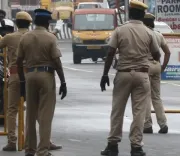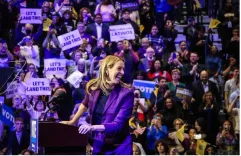Mathura Mosque Committee Appeals to SC to Halt Centre's Counter Affidavit Rights
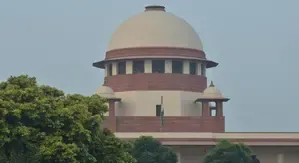
Synopsis
Key Takeaways
- Mathura's Shahi Masjid Eidgah seeks closure of Centre's response rights.
- Supreme Court noted significant delays in government responses.
- Claims of intentional obstruction by the Union of India.
- Legal challenges relate to the Places of Worship Act, 1991.
- Committee involved in multiple ongoing lawsuits.
New Delhi, Jan 21 (NationPress) In a recent petition submitted to the Supreme Court, the Committee of Management of Mathura's Shahi Masjid Eidgah has requested that the Centre's ability to respond to the challenges against the Places of Worship Act, 1991 be terminated.
The application highlighted that in a ruling from December 12, 2024, the Supreme Court observed that the Union government had failed to submit a reply regarding the petitions contesting the 1991 Act for more than three years and mandated a unified counter affidavit from the Centre within four weeks.
The mosque committee claimed that the Union of India is “intentionally” delaying its counter affidavit submission to prolong the hearing process, consequently hindering the opposition to the Places of Worship (Special Provisions) Act, 1991 from presenting their written arguments, as the Centre's stance would significantly influence these submissions.
The application from Shahi Masjid Eidgah pointed out that with the Supreme Court setting a hearing date for the petitions on February 17, it would serve the interest of justice to conclude the Union of India's right to file its counter affidavit, response, pleadings, or submissions.
In March 2021, a bench led by former Chief Justice of India (CJI) S.A. Bobde requested the Centre's response to a plea by advocate Ashwini Upadhyay, which challenged the legitimacy of specific provisions of the Act that prevent lawsuits aimed at reclaiming worship sites or altering their status from what existed on August 15, 1947.
The plea stated, “The 1991 Act was enacted under the guise of 'Public order', which is a State matter (Schedule-7, List-II, Entry-1), and 'places of pilgrimage within India' also fall under State jurisdiction (Schedule-7, List-II, Entry-7). Thus, the Centre lacks the authority to enact this law.
“Additionally, Article 13(2) prohibits the State from enacting laws that infringe upon fundamental rights; however, the 1991 Act undermines the rights of Hindus, Jains, Buddhists, and Sikhs to reclaim their 'places of worship and pilgrimage' that were destroyed by historical invasions.”
It was further noted, “The Act exempts the birthplace of Lord Rama but includes the birthplace of Lord Krishna, even though both are incarnations of Lord Vishnu, the creator, and are equally revered globally, rendering this distinction arbitrary.”
In an interim ruling on December 12, 2024, the CJI Sanjiv Khanna-led Special Bench decreed that no new lawsuits would be registered under the Places of Worship Act at this time, and no definitive or conclusive orders would be issued in ongoing cases until further notice.
The Special Bench, which also included Justices Sanjay Kumar and K.V. Viswanathan, instructed the Union government to file its response to the series of petitions contesting the Places of Worship Act (Special Provisions), 1991 within a four-week timeframe.
Previously, on December 11, the Committee of Management of Mathura's Shahi Masjid Eidgah had filed an intervention application claiming that the 1991 legislation, which prohibits changes to religious sites as they existed on August 15, 1947, was enacted by Parliament for the country's advancement and has proven effective for over 33 years.
It emphasized that Parliament's enactment of the 1991 Act has withstood scrutiny for over three decades, while the petitioners have only recently chosen to challenge this law, nearly three decades later.
The application noted that the mosque committee is involved in 17 separate lawsuits being considered by the Allahabad High Court, where the plaintiffs are asserting claims over the land where the Shahi Masjid Eidgah stands and are demanding the removal of the mosque, alleging it was constructed on the Krishna Janam Sthan.
“It would be in the interest of justice if the applicant (mosque committee) is permitted to intervene and assist this Hon'ble Court in adjudicating the issues concerning the validity of the Places of Worship Act, 1991,” the application stated.

